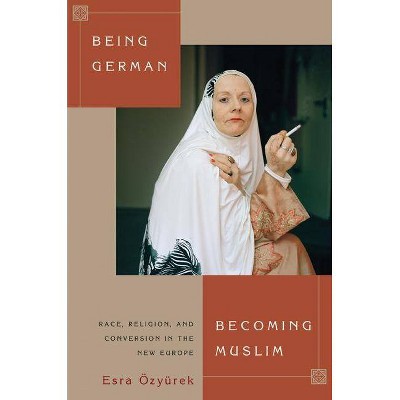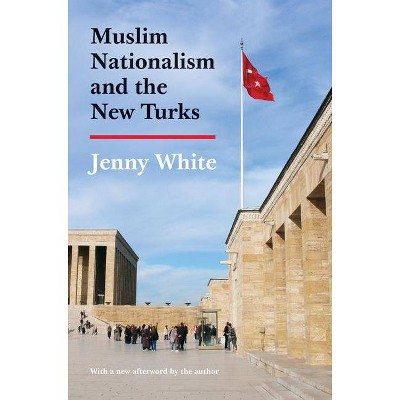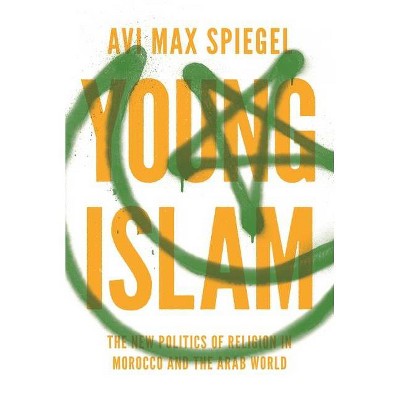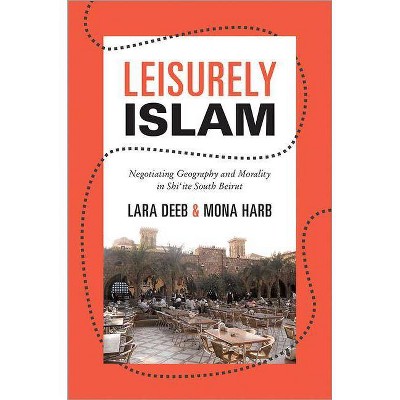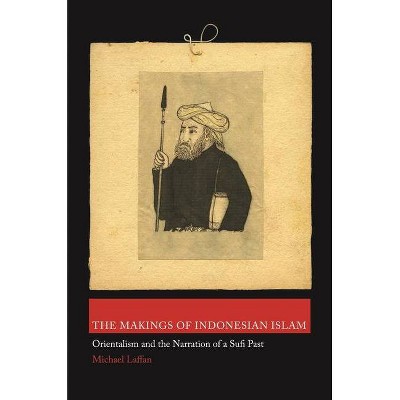What Is Religious Authority? - (Princeton Studies in Muslim Politics) by Ismail Fajrie Alatas (Paperback)
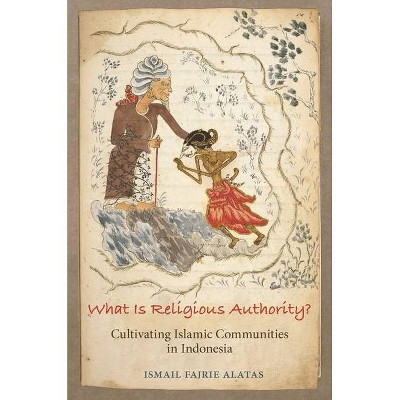
Similar Products
Products of same category from the store
AllProduct info
<p/><br></br><p><b> About the Book </b></p></br></br>"Our shared understanding of religious authority owes much to the classic writings of sociologist Max Weber over a century ago, and in particular to Weber's articulation of charismatic leadership. In this book about the nature of religious authority in a majority Muslim society, Ismail Fajrie Alatas breaks with the Weberian model. He argues that religious authority emanates neither from the charismatic aura of gifted leaders nor to the ways in which such leaders master texts or scriptures deemed foundational by religious tradition. Alatas's core argument is that such authority is always constituted through the ceaseless work of community-building. By "community building," Alatas refers to an on-going process of networking, institution-building, counselling, trouble-shooting, advocating, fund-raising and ritual organizing, all with the aim of aligning the community to a foundational past -- to the imagined early days of the religious tradition in question"--<p/><br></br><p><b> Book Synopsis </b></p></br></br><p><b>An anthropologist's groundbreaking account of how Islamic religious authority is assembled through the unceasing labor of community building on the island of Java</b> <p/>This compelling book draws on Ismail Fajrie Alatas's unique insights as an anthropologist to provide a new understanding of Islamic religious authority, showing how religious leaders unite diverse aspects of life and contest differing Muslim perspectives to create distinctly Muslim communities. <p/>Taking readers from the eighteenth century to today, Alatas traces the movements of Muslim saints and scholars from Yemen to Indonesia and looks at how they traversed complex cultural settings while opening new channels for the transmission of Islamic teachings. He describes the rise to prominence of Indonesia's leading Sufi master, Habib Luthfi, and his rivalries with competing religious leaders, revealing why some Muslim voices become authoritative while others don't. Alatas examines how Habib Luthfi has used the infrastructures of the Sufi order and the Indonesian state to build a durable religious community, while deploying genealogy and hagiography to present himself as a successor of the Prophet Muḥammad. <p/>Challenging prevailing conceptions of what it means to be Muslim, <i>What Is Religious Authority?</i> demonstrates how the concrete and sustained labors of translation, mobilization, collaboration, and competition are the very dynamics that give Islam its power and diversity.</p><p/><br></br><p><b> About the Author </b></p></br></br><b>Ismail Fajrie Alatas</b> is assistant professor of Middle Eastern and Islamic studies at New York University. Twitter and Instagram @ifalatas
Price History
Price Archive shows prices from various stores, lets you see history and find the cheapest. There is no actual sale on the website. For all support, inquiry and suggestion messagescommunication@pricearchive.us
